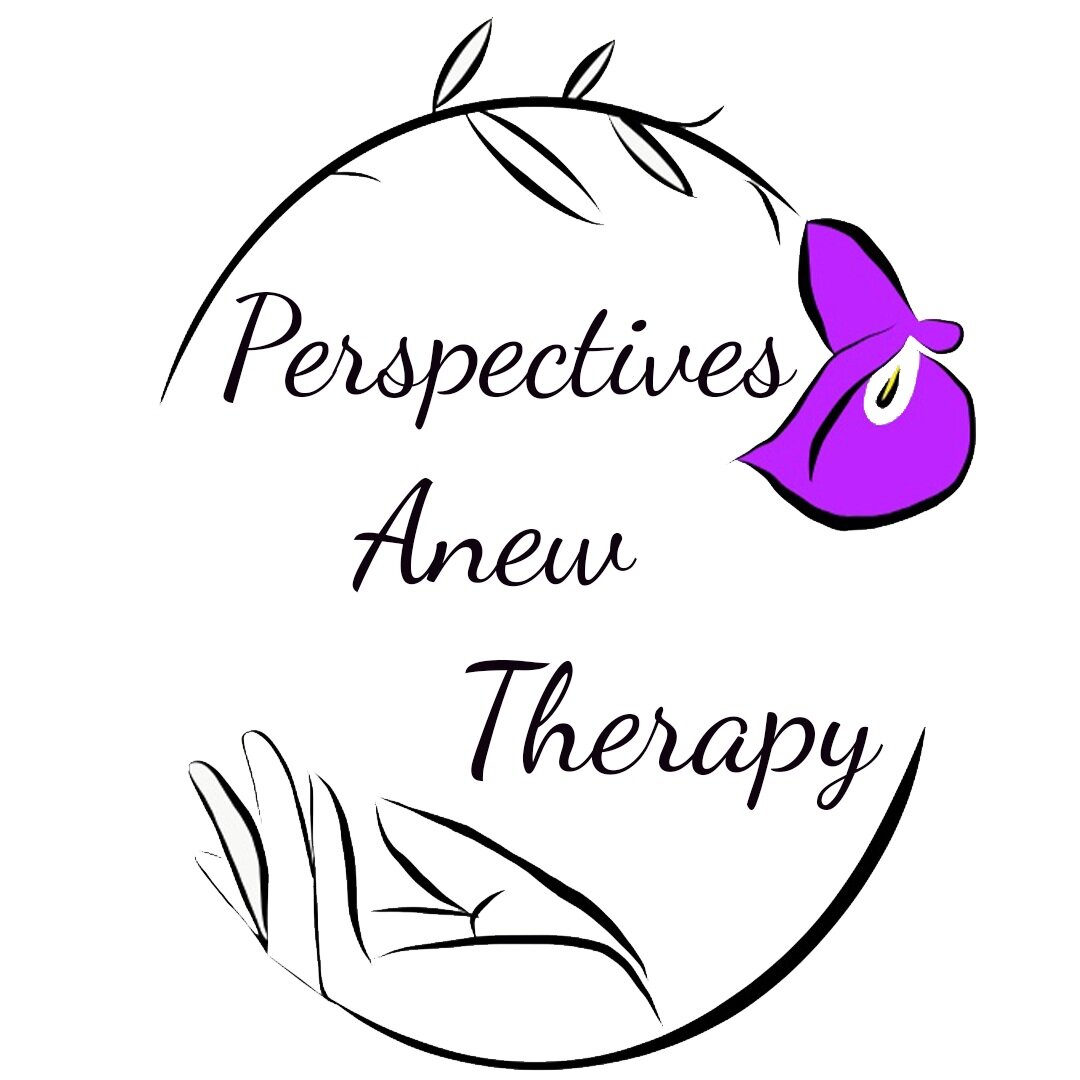January: Self-Love Month
Self-love is a vital part of mental well-being and can be defined as appreciating oneself by partaking in activities that support our physical, psychological, and spiritual growth as individuals. Taking care of your needs, refusing to sacrifice your happiness to please others, holding yourself to high standards, and not accepting less than you deserve are prime examples of self-love. It’s important to note that self-love looks different to everyone and each individual should find what works best for them and adds joy and happiness to their life.
When we practice self-love we also practice self-care which can be seen by listening to our bodies and taking a break when it’s needed instead of pushing ourselves to exhaustion. Putting your well-being before others means accepting who you are and what you require to be functioning at your happiest and healthiest self. In return, when we as individuals are functioning as our best self it can improve many aspects of our life such as self-esteem, relationships, and our mental health.
For some people, the thought of practicing self-love can be intimidating and scary, however this should not be the case! Self-love does not always include buying expensive things, paying for anything in general, or taking hours out of the day that you may not have. Self-love can be seen by practicing mindfulness, setting boundaries with yourself and others, getting proper sleep, and taking vitamins to support your overall health.
Source: Brain & Behavior Research Foundation
